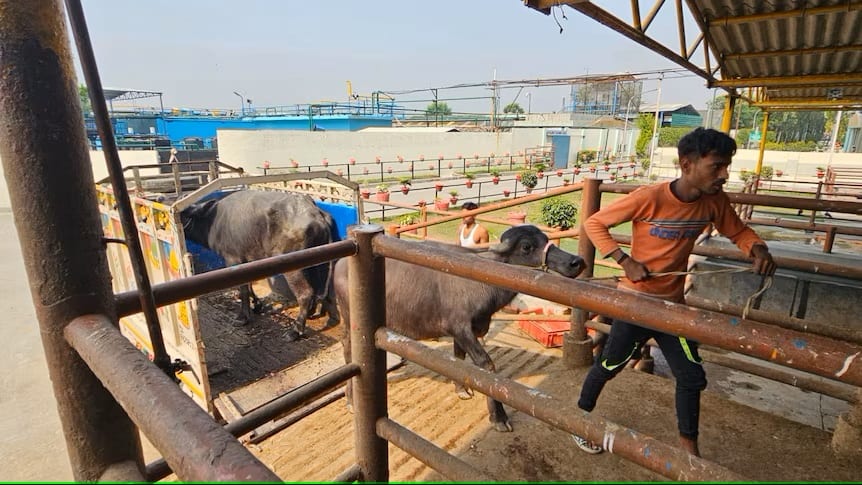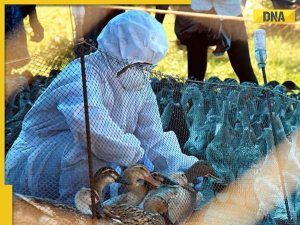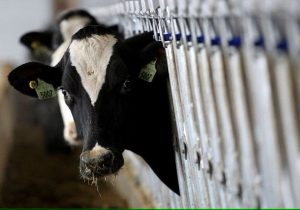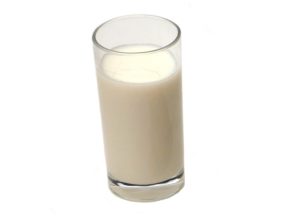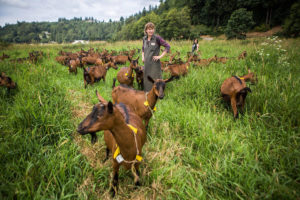Meat analyst Simon Quilty has spent this month visiting abattoirs across India, and has seen first-hand the nation’s buffalo trade ramping up.
Key points:
- India’s buffalo herd is around 110 million head
- The cow is sacred in India, with most states banning slaughter, but buffalo can be processed
- Buffalo meat is increasingly competing with Australia’s live cattle trade
“India’s buffalo industry is back on the march in terms of both capacity and their ability,” he said.
While the cow might be sacred in India, the buffalo is not.
Around 39 million of them are slaughtered each year, mostly after they’ve spent years being used for their milk.
“In the last three to four years, we’ve seen a number of major operators here consolidate and become larger, and a lot of the smaller players pushed out,” Mr Quilty said.
“So we’ve seen meatworks upgraded and they’re truly competitive in all markets around the world.”
The buffalo export trade is estimated to be worth around $5 billion annually.
Mr Quilty said the Middle East and North Africa (MENA) is a major destination for Indian buffalo meat, but the three biggest customers in August this year were Vietnam, Malaysia and Indonesia — all of which are traditional customers of Australian live cattle.
“It’s creating an enormous amount of competition [for Australia’s live cattle trade] and I think next year that competition will increase even more,” he said.
“It’s estimated [Indian buffalo meat] exports to Egypt will drop 30 per cent next year due to challenges in the Egyptian economy, so that buffalo meat has to go elsewhere and I think more volumes will get pushed into Indonesia, which will displace Australian cattle.”
Mr Quilty said Australian live cattle and boxed beef were being pushed into the premium end of the Indonesian market, whereas the Indian buffalo meat, at one-third the price, was taking over the manufacturing sector.
He said Australian boxed beef exports to Indonesia was up an incredible 75 per cent year on year, which had actually taken some market share from Indian buffalo, and potentially Australia’s live cattle trade.
Live cattle exports in 2024
Mr Quilty said the grey-trade from Vietnam into China had reopened, after being closed in 2019, meaning Vietnam seemed ready to absorb increased amounts of buffalo meat and Australian live cattle in 2024.
He believed the cattle trade to Indonesia would again be challenging next year, but felt by 2025-26 Indonesia’s economy would be getting back on track and its rising middle class meant Australia could return to shipping over 600,000 head a year to that market.
Executive director of live shipping company Wellard, John Klepec, is not so optimistic.
He said over the last two years cattle producers from northern Australia had sent big numbers of stock into the domestic market, chasing record high prices, and he argued it had been to the detriment of the long-term viability of the live export trade.
“We have to accept our biggest customer [Indonesia] has found another source of supply, because we decided to send cattle at higher prices elsewhere,” he said.
“Effectively, the option for Indonesia was to starve or find something else, and they’ve found something else.
“Frozen Indian buffalo meat has seized the opportunity and we have to get those Indonesian customers back, and the only mechanism to get them back is price.”
He said if cattle producers were holding onto stock now until the price went back over $3 a kilogram, “it was madness”.
“Send them, don’t bury them, and be happy with the invoice,” he said.

